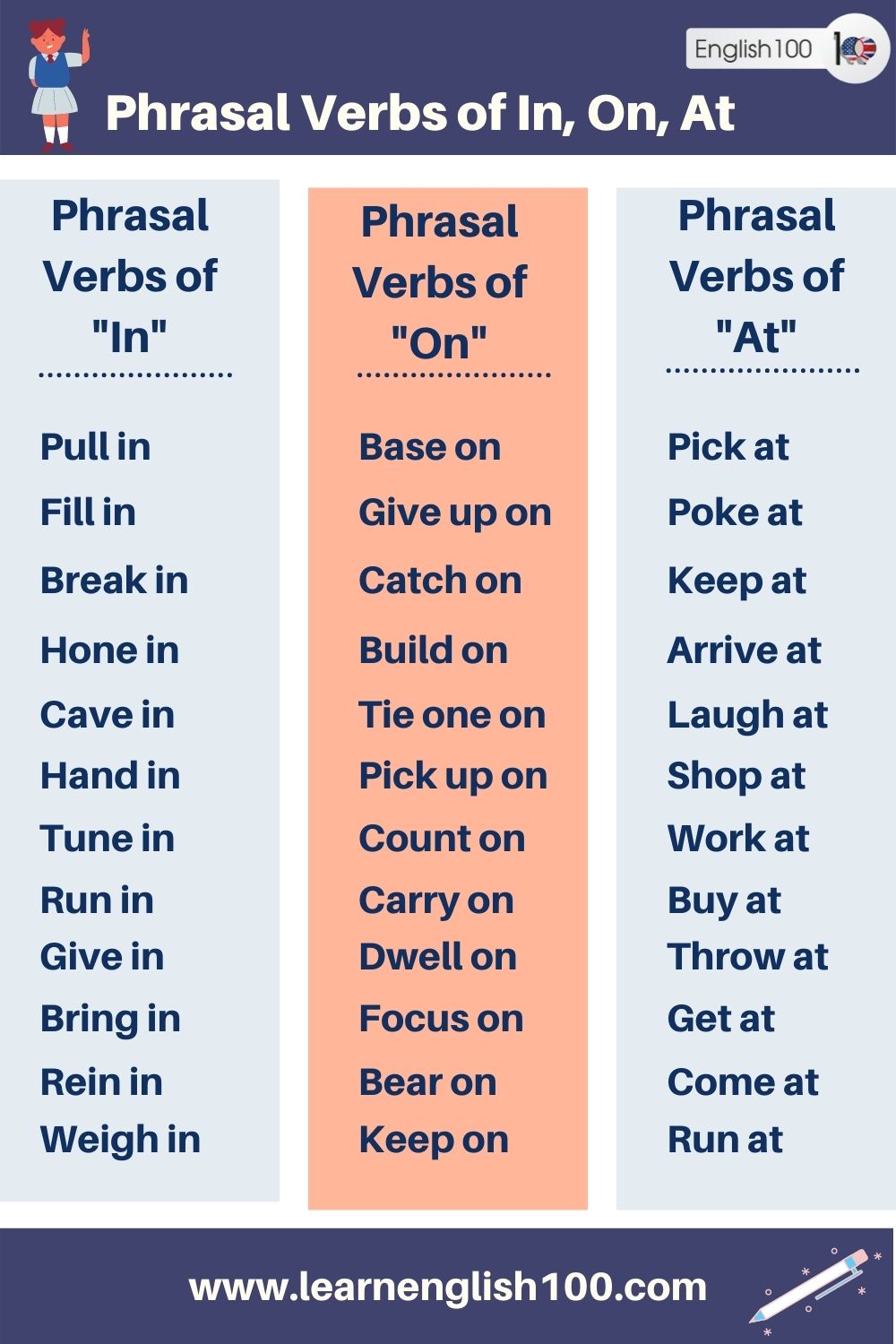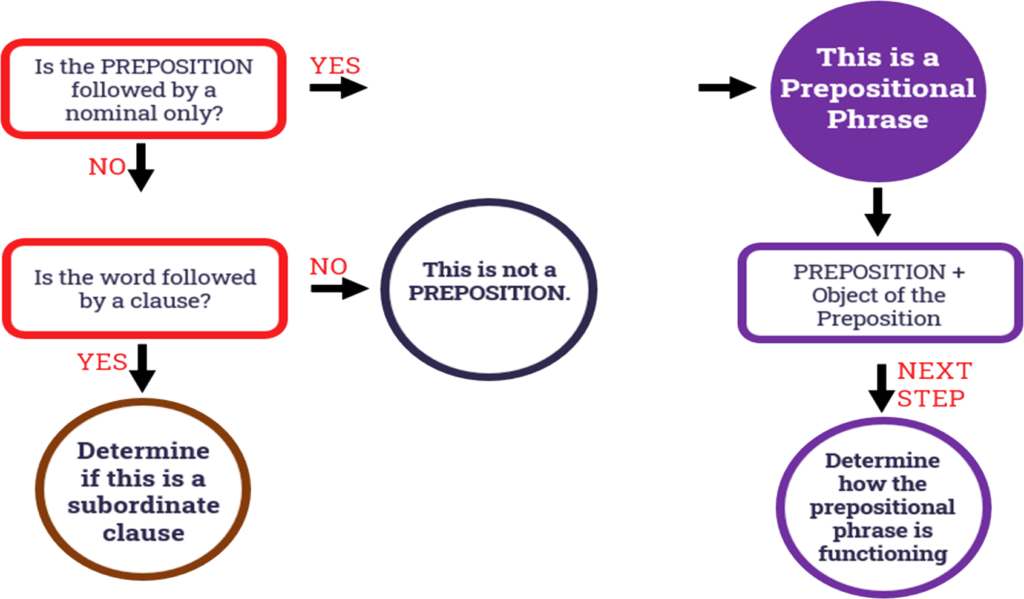The Elusive "In" and "On" in Calendar Contexts: A Deep Dive into Prepositional Precision
Associated Articles: The Elusive "In" and "On" in Calendar Contexts: A Deep Dive into Prepositional Precision
Introduction
With enthusiasm, let’s navigate by way of the intriguing matter associated to The Elusive "In" and "On" in Calendar Contexts: A Deep Dive into Prepositional Precision. Let’s weave fascinating data and provide recent views to the readers.
Desk of Content material
The Elusive "In" and "On" in Calendar Contexts: A Deep Dive into Prepositional Precision

The seemingly easy act of scheduling an occasion entails a delicate however essential grammatical alternative: "in" or "on" the calendar. Whereas seemingly interchangeable to the informal observer, the right preposition considerably impacts the readability and precision of your communication. This text delves into the nuances of utilizing "in" and "on" when referring to calendar entries, exploring their grammatical underpinnings and providing sensible pointers for selecting probably the most acceptable preposition.
The core distinction lies within the scope of time referenced. "On" denotes a particular cut-off date, whereas "in" signifies a broader interval. This distinction, nonetheless, isn’t all the time instantly obvious, notably when coping with calendar entries that span a number of days and even weeks. Let’s study every preposition individually, offering examples for instance their correct utilization.
"On the Calendar": Specifying a Date
The preposition "on" is unequivocally used when referring to a particular date. That is probably the most easy utility and infrequently causes confusion. "On" signifies that an occasion is scheduled for a specific day.
- Right: "The assembly is on the calendar for October twenty sixth." This clearly signifies the assembly is scheduled for a single, particular day.
- Right: "My physician’s appointment is on the calendar for subsequent Tuesday." Once more, a particular day is referenced.
- Right: "The deadline is on the calendar for the fifteenth of December." This highlights a particular date for the deadline.
- Incorrect: "My trip is on the calendar for your complete month of July." (Must be "in") This makes an attempt to make use of "on" for a interval, not a single day.
The readability of "on" stems from its inherent affiliation with a set level. It anchors the occasion to a particular day, making it simply identifiable inside the chronological framework of the calendar. This precision is essential for scheduling and avoiding conflicts.
"Within the Calendar": Encompassing a Interval
"In" is used when referring to a broader time period, encompassing a number of days, weeks, months, and even years. It suggests inclusion inside a bigger timeframe moderately than a singular level.
- Right: "My trip is within the calendar for your complete month of July." This precisely displays the length of the holiday.
- Right: "The venture is within the calendar for the following quarter." This specifies a three-month interval.
- Right: "The convention is within the calendar for the spring of 2024." This denotes a seasonal timeframe.
- Right: "His retirement is within the calendar for subsequent yr." This means a future yr.
- Incorrect: "The assembly is within the calendar for tomorrow." (Must be "on") This incorrectly makes use of "in" for a single day.
Using "in" offers a contextual understanding of the occasion’s placement inside a bigger time-frame. It is appropriate when the exact day is much less vital than the general interval wherein the occasion happens. That is notably related for longer-term planning and broader scheduling.
Past the Easy Date and Interval: Nuances and Issues
The excellence between "in" and "on" turns into extra advanced when coping with occasions that span a number of days however are nonetheless thought-about a single entity. Contemplate a convention that runs from October twenty sixth to twenty eighth. Whereas it spans a number of days, it is sometimes handled as a single occasion. In such instances, the popular utilization will depend on the context.
- Choice 1 (Emphasis on the beginning date): "The convention is on the calendar for October twenty sixth." This highlights the graduation date.
- Choice 2 (Emphasis on the general interval): "The convention is within the calendar for late October." This focuses on the broader timeframe.
The selection between these choices will depend on the communicative aim. If the exact beginning date is essential, "on" is preferable. If the general interval is extra related, "in" is extra appropriate.
Equally, recurring occasions current a novel problem. A weekly assembly, for instance, is perhaps described as:
- "The group assembly is on the calendar each Tuesday." This means a recurring occasion on a particular day.
- "The group assembly is within the calendar for your complete month." This highlights the general interval coated by the recurring occasion.
Once more, the selection will depend on the context and the specified emphasis.
The Position of Context and Readability
Finally, the right preposition relies upon closely on context. One of the best method is to prioritize readability and make sure the meant that means is unambiguous. If there’s any doubt, it is all the time higher to err on the facet of precision. Utilizing extra descriptive language can typically resolve ambiguity.
As an illustration, as an alternative of "The venture is within the calendar," think about "The venture’s timeline is within the calendar for the following six months," or "The venture kickoff assembly is on the calendar for subsequent Monday." Including specificity removes any potential confusion.
Past the Calendar: Extending the Prepositional Logic
The rules governing "in" and "on" in calendar contexts prolong to different temporal references. The identical logic applies when discussing occasions in relation to months, years, seasons, and different time intervals. Sustaining consistency in prepositional utilization enhances the general readability and professionalism of your writing and communication.
Conclusion: Mastering Prepositional Precision
Mastering the right use of "in" and "on" when referring to calendar entries may seem to be a minor element, nevertheless it considerably impacts the precision and readability of your communication. By understanding the nuances of every preposition and prioritizing context, you’ll be able to guarantee your scheduling data is unambiguous and simply understood. This consideration to element displays a dedication to efficient communication and contributes to extra environment friendly and streamlined planning. Remembering the core distinction – "on" for particular dates, "in" for intervals – offers a stable basis for making the right alternative in most conditions. Nonetheless, remaining aware of the context and prioritizing readability will all the time guarantee your message is obtained as meant.








Closure
Thus, we hope this text has supplied helpful insights into The Elusive "In" and "On" in Calendar Contexts: A Deep Dive into Prepositional Precision. We hope you discover this text informative and helpful. See you in our subsequent article!